
Top Tools for Prompt Engineering in 2025
Dec 21, 2024 4 Min Read 4685 Views
(Last Updated)
In artificial intelligence, the ability to fine-tune prompts is becoming increasingly important. Prompt engineering, the art of crafting precise instructions to guide AI models, is at the forefront of AI development. In 2025, the demand for effective prompt engineering tools has never been higher.
In this blog, we’ll explore the top tools that are revolutionizing prompt engineering in 2025, empowering developers and researchers to efficiently use AI models. From cutting-edge platforms to innovative solutions, these tools are shaping the future of prompt engineering and driving advancements in AI technology. Let’s learn prompt engineering and explore the tools that are leading the way in 2025.
Table of contents
- What is Prompt Engineering?
- Top Tools for Prompt Engineering in 2025
- PromptBase
- OpenPrompt
- OpenAI
- PromptChainer
- Agenta
- Prompthero
- ChatGPT
- Conclusion
- FAQs
- How important are prompt engineering tools in the development of AI systems?
- What factors should one consider when choosing a prompt engineering tool?
- How do prompt engineering tools contribute to advancing AI research and development?
What is Prompt Engineering?
Prompt engineering is basically the art of giving instructions to artificial intelligence (AI) systems, specifically generative AI, in a way that gets the desired results. Generative AI are models that are trained on a massive amount of text data and are able to communicate and generate human-like text in response to a wide range of prompts and questions.
Here are some of the areas where prompt engineering is being used:
- Chatbots: By carefully crafting prompts, chatbot developers can ensure that the AI understands user queries and provides relevant answers.
- Healthcare: In healthcare, prompt engineering can be used to instruct AI systems to summarize medical data and even develop treatment recommendations.
- Software development: With prompt engineering, AI models can be used to generate code snippets or suggest solutions to programming problems.
Prompt engineering is a powerful tool that can help AI systems be more accurate, effective, and helpful.
Ready to elevate your skills in full-stack development? Enroll now and start your journey towards mastering the latest tools and techniques in the field. Unlock your potential with GUVI’s Full Stack Development Course!
Having understood prompt engineering, let’s now focus on the leading tools driving innovation in 2025.
Top Tools for Prompt Engineering in 2025
As the field of artificial intelligence continues to advance, the importance of prompt engineering becomes increasingly important. Crafting precise and effective prompts is essential for guiding AI models to generate accurate and relevant outputs. In 2025, several cutting-edge tools have emerged, each designed to streamline and enhance the prompt engineering process.
Let’s explore the top tools that are shaping prompt engineering this year.
1. PromptBase
PromptBase is a comprehensive platform designed for prompt management and analysis. It is a centralized hub for storing, retrieving, and analyzing prompts, streamlining the prompt engineering process.
Key Features
- Prompt Storage: Store a vast library of prompts securely in one centralized location.
- Prompt Retrieval: Quickly access prompts based on various criteria such as keywords, categories, or metadata.
- Prompt Analysis: Analyze prompt effectiveness, frequency, and performance metrics to optimize prompt strategies.
- Collaboration Tools: Facilitate collaboration among team members by sharing prompts and insights seamlessly.
- Customization Options: Customize prompt organization and metadata to suit specific project requirements and workflows.

Also Read: Top 9 AI Tools for Content Creation That You Shouldn’t Miss
2. OpenPrompt
OpenPrompt is an open-source toolkit dedicated to generating and manipulating prompts for AI models. It offers a range of tools and algorithms to assist users in crafting tailored prompts for diverse applications.
Key Features
- Prompt Generation: Generate prompts using pre-defined templates or custom algorithms tailored to specific tasks.
- Prompt Modification: Modify prompts dynamically to adjust tone, style, or complexity according to user preferences.
- Task-Specific Prompting: Optimize prompts for specific AI tasks, such as language generation, classification, or question answering.
- Community Contributions: Benefit from a collaborative community-driven development environment, with contributions from researchers and developers worldwide.
- Extensibility: Extend functionality through plug-ins and modules, allowing for customization and integration with existing workflows and systems.
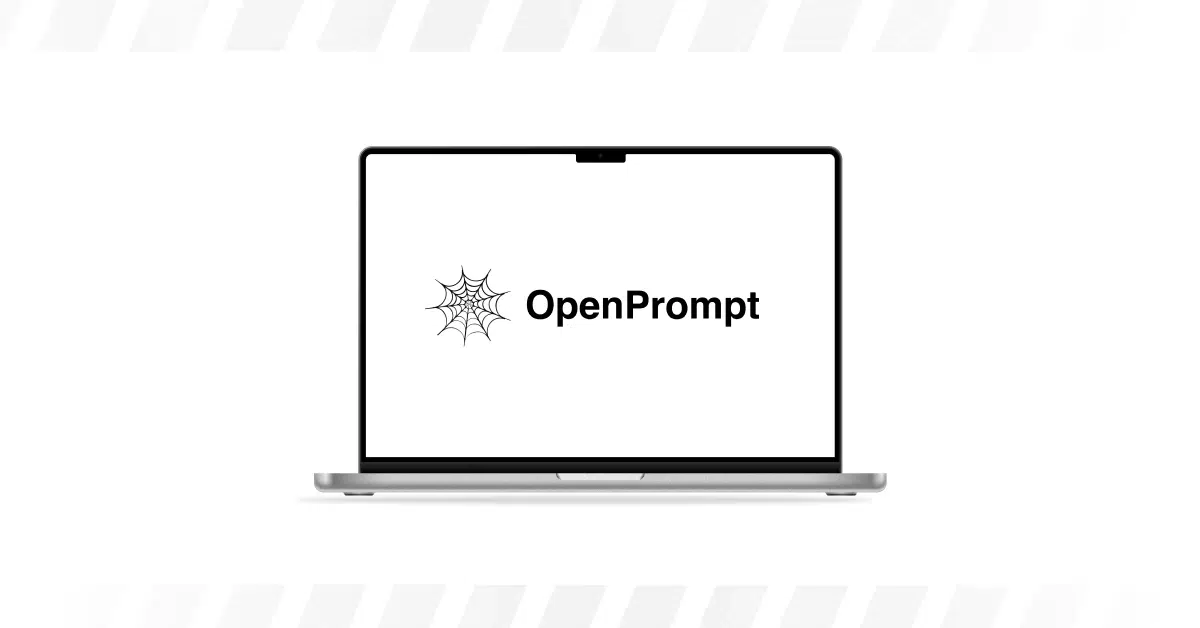
Also Read: 7 Benefits of AI-Powered Learning Environments
3. OpenAI
OpenAI, a prominent figure in AI research, provides a suite of tools and resources for prompt engineering. Using state-of-the-art models like GPT, OpenAI empowers developers to interact with AI systems through prompts effectively.
Key Features
- Model Integration: Seamlessly integrate with OpenAI’s advanced AI models, such as GPT, for prompt-based interaction.
- Prompt Fine-Tuning: Fine-tune prompts to optimize model performance for specific tasks or domains.
- Model Evaluation: Evaluate model responses to prompts using metrics and benchmarks to assess performance and refine prompt strategies.
- Developer Support: Access comprehensive documentation, tutorials, and support resources to facilitate prompt engineering and model deployment.
- Research Collaboration: Collaborate with OpenAI researchers and fellow developers to explore new applications and advancements in prompt engineering.

Also Read: 14 Best AI Image Generator Tools
4. PromptChainer
PromptChainer specializes in chaining prompts to create complex input sequences for AI models. By concatenating prompts intelligently, PromptChainer enhances model capabilities and performance.
Key Features
- Prompt Sequencing: Chain multiple prompts together to form cohesive input sequences tailored to specific tasks or scenarios.
- Sequence Optimization: Optimize prompt sequences for coherence, relevance, and effectiveness in eliciting desired model responses.
- Dynamic Prompting: Generate dynamic prompt chains that adapt to changing contexts or user inputs in real time.
- Model Integration: Seamlessly integrate with AI models to provide enhanced input sequences for improved performance and accuracy.
- Visualization Tools: Visualize prompt chains to gain insights into their structure and flow, facilitating analysis and refinement.

5. Agenta
Agenta is a tool focused on generating optimized prompts for specific tasks and domains. Using advanced algorithms and AI techniques, Agenta tailors prompts to maximize model performance and efficacy.
Key Features
- Task-Specific Prompt Generation: Generate prompts optimized for various AI tasks, including language generation, sentiment analysis, and information retrieval.
- Domain Adaptation: Adapt prompts to specific domains or industries to ensure relevance and accuracy in model outputs.
- Performance Metrics: Evaluate prompt effectiveness using performance metrics and analytics to iteratively improve prompt strategies.
- Automated Prompt Generation: Generate prompts automatically based on task requirements, data characteristics, and user preferences.
- Customization Options: Customize prompt generation parameters and algorithms to fine-tune prompt strategies for optimal results.

Also Read: How Is AI Transforming DevOps? Check 7 Intriguing Ways!
6. Prompthero
Prompthero empowers users to become proficient in prompt engineering, offering a comprehensive suite of tools for prompt creation, refinement, and evaluation. It provides the resources needed to craft effective prompts that yield superior AI outputs.
Key Features
- Prompt Creation: Create prompts from scratch using intuitive tools and templates tailored to various tasks and domains.
- Prompt Refinement: Refine prompts iteratively based on feedback, performance analysis, and user input to enhance effectiveness and relevance.
- Evaluation Tools: Evaluate prompt efficacy through qualitative and quantitative analysis, including human evaluations and performance metrics.
- Prompt Optimization: Optimize prompts for specific AI models and tasks, using best practices and advanced techniques to maximize performance.
- Collaboration Features: Collaborate with team members and stakeholders by sharing prompts, insights, and feedback seamlessly within the platform.

7. ChatGPT
ChatGPT, an AI language model, is a valuable resource in the prompt engineering process. With its natural language processing capabilities, ChatGPT assists users in generating, refining, and evaluating prompts for AI models.
Key Features
- Prompt Generation Assistance: Generate prompt ideas and variations using natural language interactions with ChatGPT.
- Prompt Refinement Suggestions: Receive suggestions and feedback from ChatGPT on refining prompts to improve effectiveness and relevance.
- Prompt Evaluation Support: Evaluate prompt quality and suitability through conversations and interactions with ChatGPT, gaining insights and validation.
- Continuous Learning: Benefit from ChatGPT’s continuous learning and adaptation, incorporating new prompt engineering techniques and strategies over time.
- Accessibility: Access ChatGPT’s prompt engineering capabilities through various interfaces, including APIs, web platforms, and integrated development environments (IDEs).
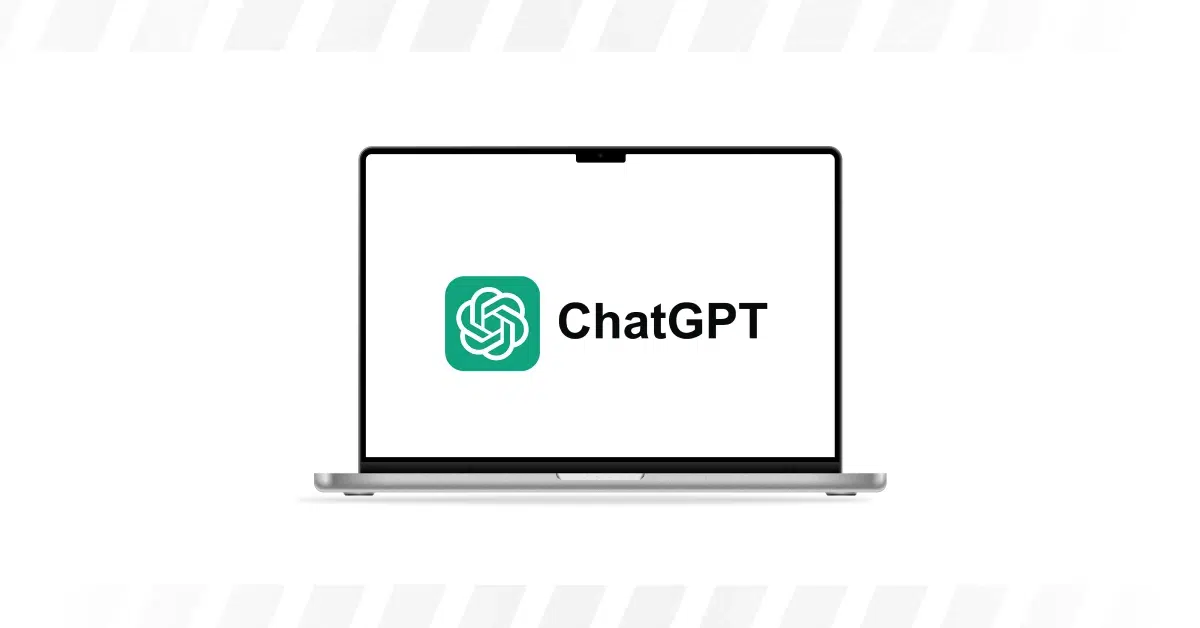
These tools collectively offer a diverse range of features and capabilities to streamline and enhance the prompt engineering process in 2025, catering to the needs of researchers, developers, and practitioners in the field of artificial intelligence.
Kickstart your Full Stack Development journey by enrolling in GUVI’s Full Stack Development Course with Placement Assistance where you will master the MERN stack (MongoDB, Express.js, React, Node.js) and build interesting real-life projects. This program is crafted by our team of experts to help you upskill and assist you in placements.
Conclusion
In artificial intelligence, prompt engineering plays an important role in shaping the behavior and performance of AI models. The tools highlighted above represent the prompt engineering innovation in 2025, offering researchers and developers the resources needed to craft precise, effective prompts that drive AI systems to new heights of capability and sophistication.
As the field continues to evolve, these tools will undoubtedly remain essential assets for prompt engineers worldwide.
Also Find Out Best Product-Based Companies for AI Engineers in 2025
FAQs
How important are prompt engineering tools in the development of AI systems?
Prompt engineering tools play an important role in shaping the behavior and performance of AI systems by guiding their interactions and inputs. They enable developers to design precise and effective prompts, ultimately influencing the quality and relevance of model outputs.
What factors should one consider when choosing a prompt engineering tool?
When selecting a prompt engineering tool, it’s essential to consider factors such as functionality, usability, compatibility with existing systems, scalability, and support for customization. Assessing these aspects ensures that the chosen tool aligns with the specific requirements and objectives of the project or application.
How do prompt engineering tools contribute to advancing AI research and development?
Prompt engineering tools facilitate experimentation, iteration, and optimization in AI research and development. By providing capabilities for prompt generation, modification, analysis, and optimization, these tools empower researchers and developers to explore new approaches, enhance model performance, and push the boundaries of AI capabilities.

















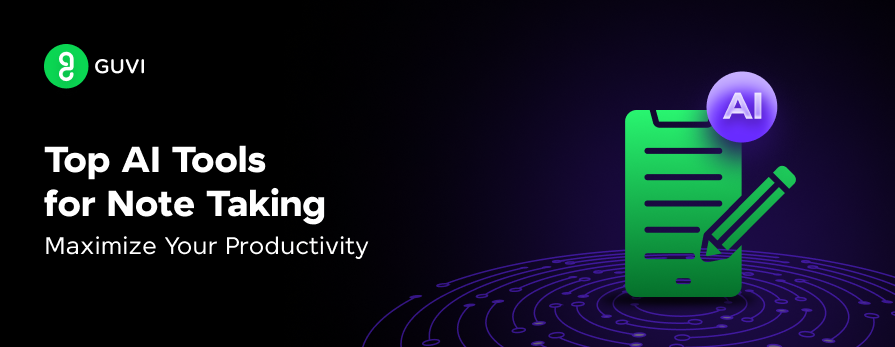
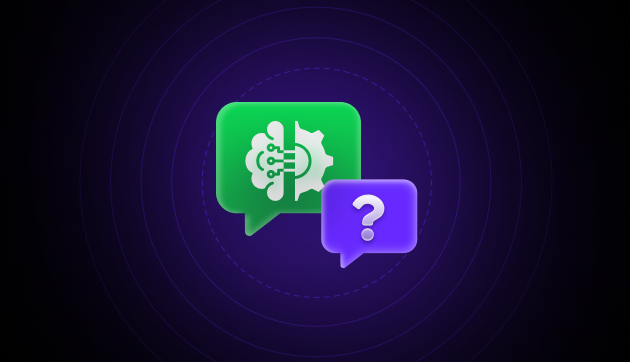
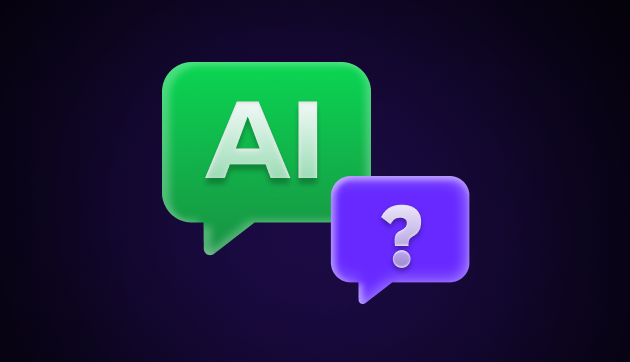

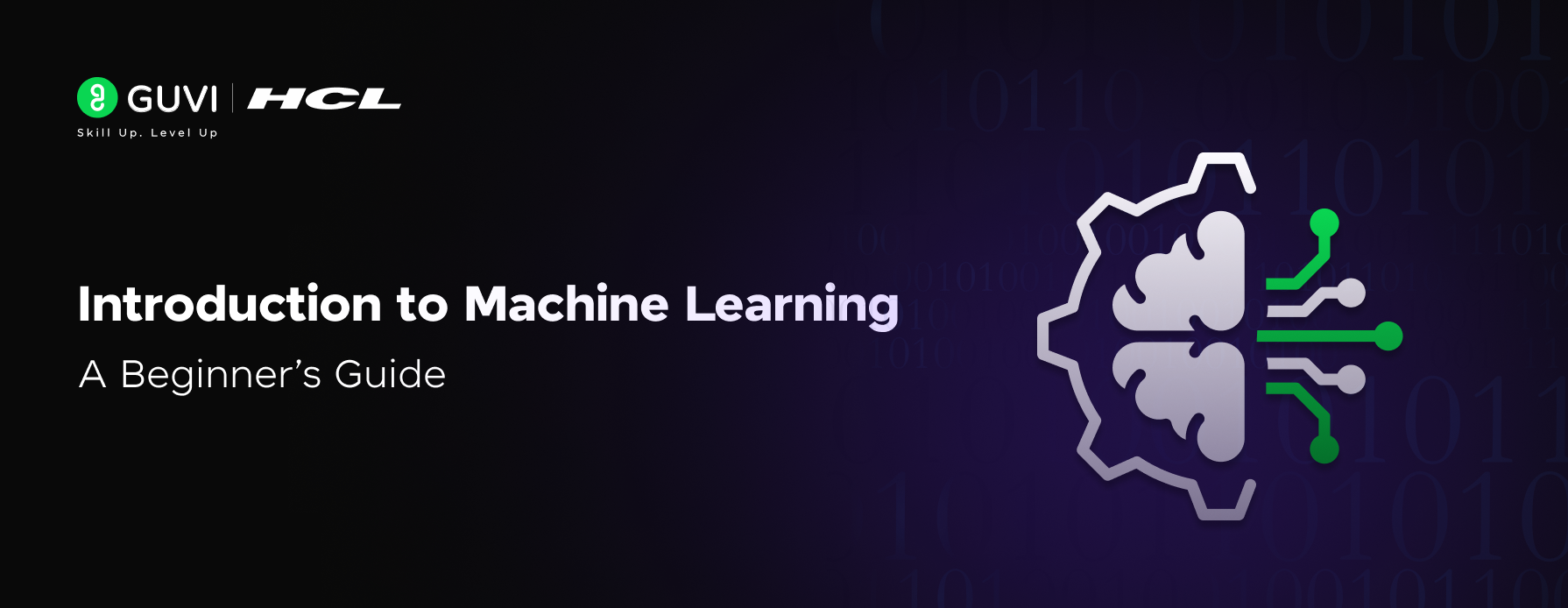

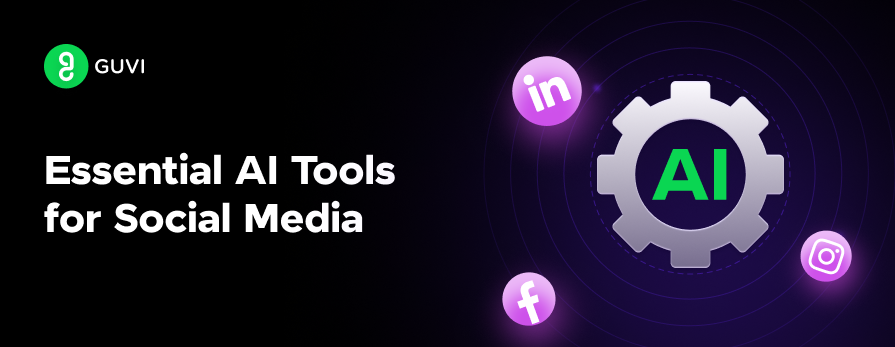

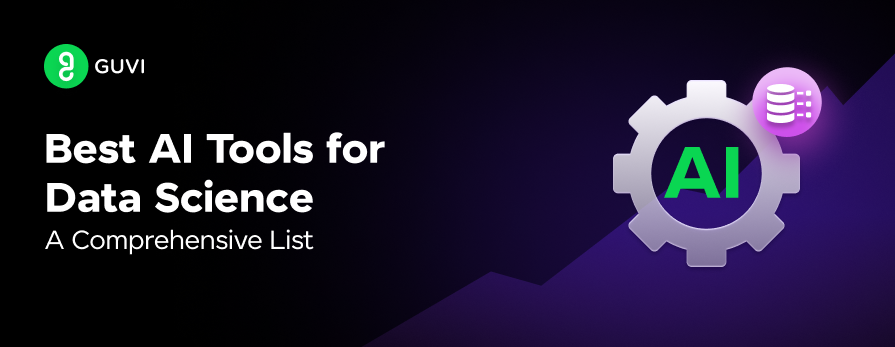
Did you enjoy this article?